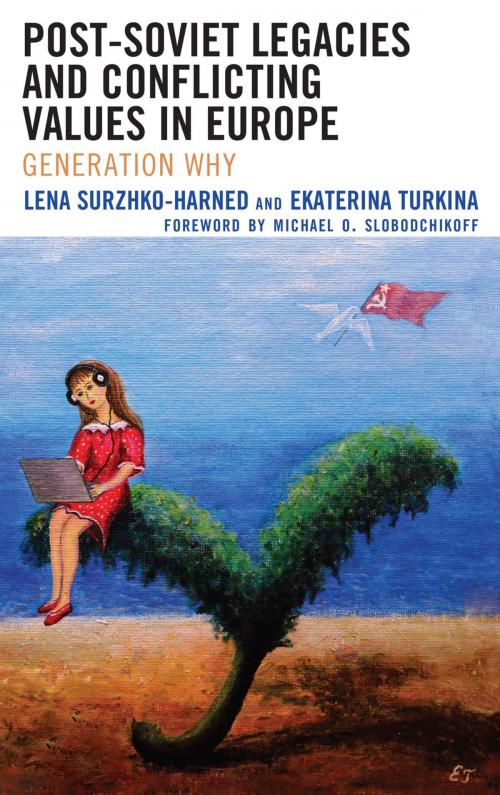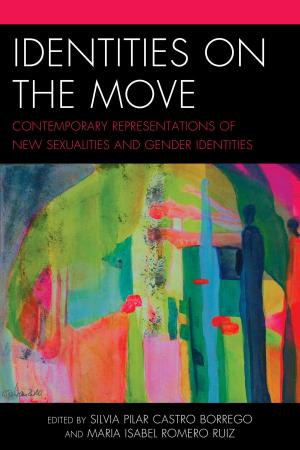Post-Soviet Legacies and Conflicting Values in Europe
Generation Why
Nonfiction, Social & Cultural Studies, Political Science, International, International Relations| Author: | Lena Surzhko-Harned, Ekaterina Turkina | ISBN: | 9781498531986 |
| Publisher: | Lexington Books | Publication: | November 22, 2017 |
| Imprint: | Lexington Books | Language: | English |
| Author: | Lena Surzhko-Harned, Ekaterina Turkina |
| ISBN: | 9781498531986 |
| Publisher: | Lexington Books |
| Publication: | November 22, 2017 |
| Imprint: | Lexington Books |
| Language: | English |
Generational conflicts occur in any society and prove to be both a puzzle and a rite of passage for every generation. Older generations often find it difficult to relate to the younger generations. Yet, as every generation comes of age, it leaves an impact on societal structures as a whole. Between baby boomers and millennials, societal norms and values transform in new and unexpected ways. While globalization has greatly contributed to the generational gaps world over, the post-communist transition, which occurred in the wake of the collapse of the USSR, left lasting and profound effects on these transitioning societies. This book investigates the generational conflict in the post-Soviet societies and argues that the generational divide runs deep. The post-Soviet generation, Generation WhY, has not dealt with the experience of old Soviet structures and they do not share the same values and norms as their parents and grandparents. Individualism, lack of trust in state institutions, independence, and entrepreneurial spirit run high among the members of the perestroika generation. Yet we still find differences between societies. While the Russian-Ukrainian conflict has its roots in a number of deeply seeded issues, this analysis shows that the generational gap is a part of the problem. This book also offers conclusive evidence to suggest that the members of the post-Soviet generation can be part of the solution.
Generational conflicts occur in any society and prove to be both a puzzle and a rite of passage for every generation. Older generations often find it difficult to relate to the younger generations. Yet, as every generation comes of age, it leaves an impact on societal structures as a whole. Between baby boomers and millennials, societal norms and values transform in new and unexpected ways. While globalization has greatly contributed to the generational gaps world over, the post-communist transition, which occurred in the wake of the collapse of the USSR, left lasting and profound effects on these transitioning societies. This book investigates the generational conflict in the post-Soviet societies and argues that the generational divide runs deep. The post-Soviet generation, Generation WhY, has not dealt with the experience of old Soviet structures and they do not share the same values and norms as their parents and grandparents. Individualism, lack of trust in state institutions, independence, and entrepreneurial spirit run high among the members of the perestroika generation. Yet we still find differences between societies. While the Russian-Ukrainian conflict has its roots in a number of deeply seeded issues, this analysis shows that the generational gap is a part of the problem. This book also offers conclusive evidence to suggest that the members of the post-Soviet generation can be part of the solution.















